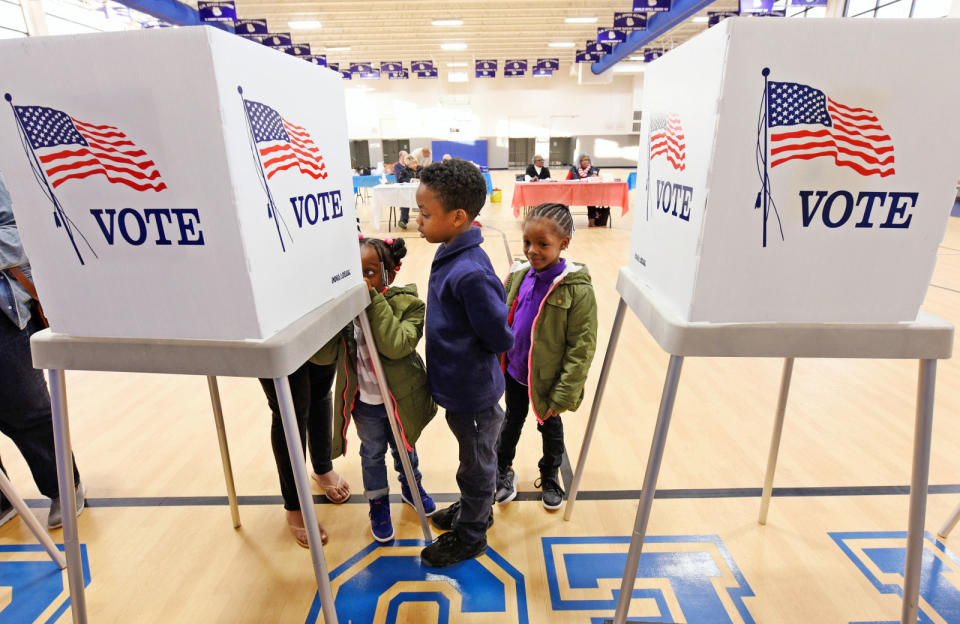Hackers reportedly altered and stole voting data before 2016 election
Some 90,000 voter registration records were stolen from Illinois.
As the United States continues to investigate the extent of hacking in the 2016 election, reports continue to emerge that make things sound a lot worse than they did a few months ago. The latest comes from Time, which reports that the attack included "at least one" successful attempt at modifying voter information. It also states that thousands of voter records were stolen by Russian agents, which exposes sensitive information including partial social security numbers. Time was careful to note that this hacking was specifically related to state and local election databases and says its information comes from current and former officials.
Specifically, Time's sources claim that an investigation discovered a county-level election database where voter data had been manipulated. Those alterations were discovered and fixed but Time doesn't say when that investigation took place. In this case, it's not clear whether the hackers were Russian agents.
As for the data that was stolen, the state of Illinois had almost 90,000 records stolen by Russia -- more than 90 percent of which contained driver's license numbers. About 25 percent of that 90,000 also contained the last four digits of people's social security numbers. Sources have also said that an ongoing investigation is looking into whether any of this data made its way back to the Trump campaign.
This news follows a report claiming that hackers attacked voting databases in 39 states. That reported stated that hackers had tried to alter and delete data in Illinois' voter database -- it appears that attempt wasn't successful, but hackers were able to make off with some data.
The US continues to state that none of the attacks directly affected election vote counts. "It is true there is no evidence that the tampering with voter machines or tampering with voter registrations or any of like that affected the counting of the votes," Congressman Adam Schiff (D-CA), who serves on the House Intelligence committee, said back in January. "That's not the same thing as saying there was no impact on the outcome [of elections]."
Meanwhile, Special Counsel Robert Mueller continues to investigate if any laws were broken relating to the hacking attacks last fall. Regardless of what he finds, there's no doubt that security relating to the 2018 mid-term elections will be a major focus over the next year -- and that'll be doubly true for 2020's presidential election.


